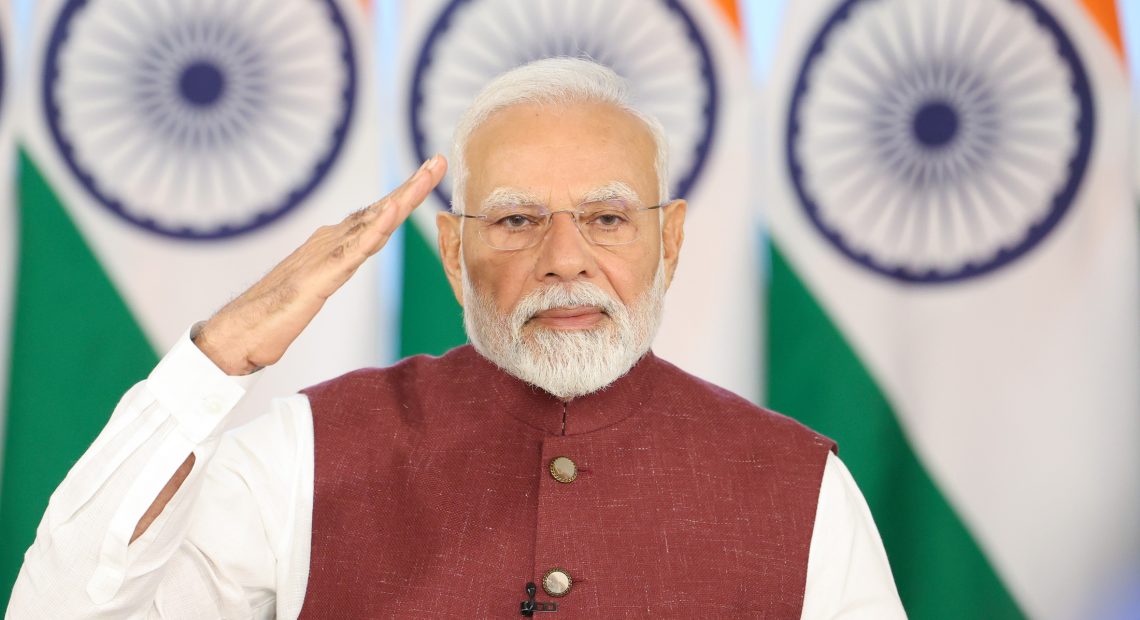
Congress Slams Modi for 37-Day Silence on Trump’s Mediation Claim
The Congress party has strongly criticized Prime Minister Narendra Modi for his prolonged silence—over 37 days—regarding U.S. President Donald Trump’s recurring claims of offering mediation between India and Pakistan. Congress leader and Rajya Sabha MP Jairam Ramesh demanded that Modi convene an all-party meeting to clarify India’s official stance and keep opposition leaders informed.
The controversy stems from Trump’s assertion that his intervention, alongside trade leverage tactics, played a pivotal role in securing the recent ceasefire following the May clash triggered by the Pahalgam terror attack. Trump repeatedly claimed that the U.S. mediated between the military establishments of both nations to stop hostilities.
In response, Congress emphasized that Modi’s lack of public rebuttal has allowed Trump’s narrative to go unchallenged, potentially undermining India’s diplomatic posture. The party listed thirteen such mediation claims by Trump and asserted that Modi owes a clear public explanation to Parliament and the nation.
Meanwhile, the Prime Minister did discuss the matter with Trump during a late-night phone call from the G7 summit. According to Indian sources, Modi firmly rejected any notion of third‑party involvement, stating that the ceasefire resulted solely from direct military dialogue between India and Pakistan. He reiterated India’s policy that it “has never accepted mediation, does not accept it, and will never do so.”
Despite this clarification at the leadership level, Congress insists it is insufficient. They argue that the public and political stakeholders are entitled to a formal briefing. Congress insists that only an all-party discussion in Parliament can set the record straight, and they are calling for an urgent session once Modi returns to India.
The BJP, however, has dismissed these demands, arguing that the Prime Minister has already communicated India’s position directly to Trump and that additional commentary would only amplify foreign interference. They maintain that a bilateral ceasefire between India and Pakistan stands on its own merits and needs no validation through international forums.
With political pressure mounting and questions swirling over India’s strategic messaging, all eyes are now on whether Modi will heed Congress’s call—summoning an all-party meeting to publicly affirm that India’s sovereignty and decision-making in regional security remain inviolable.


















